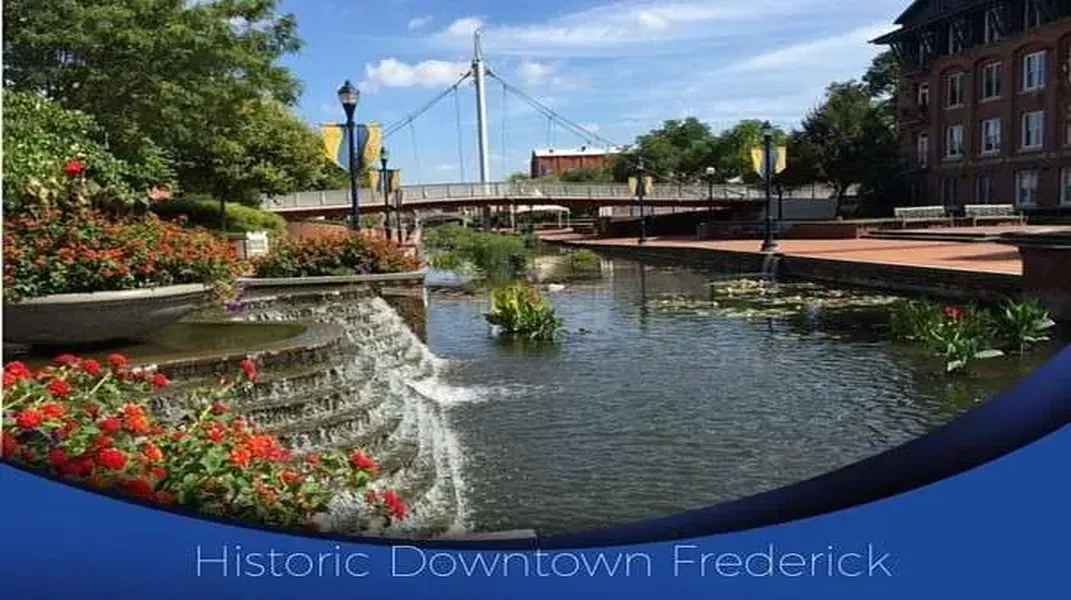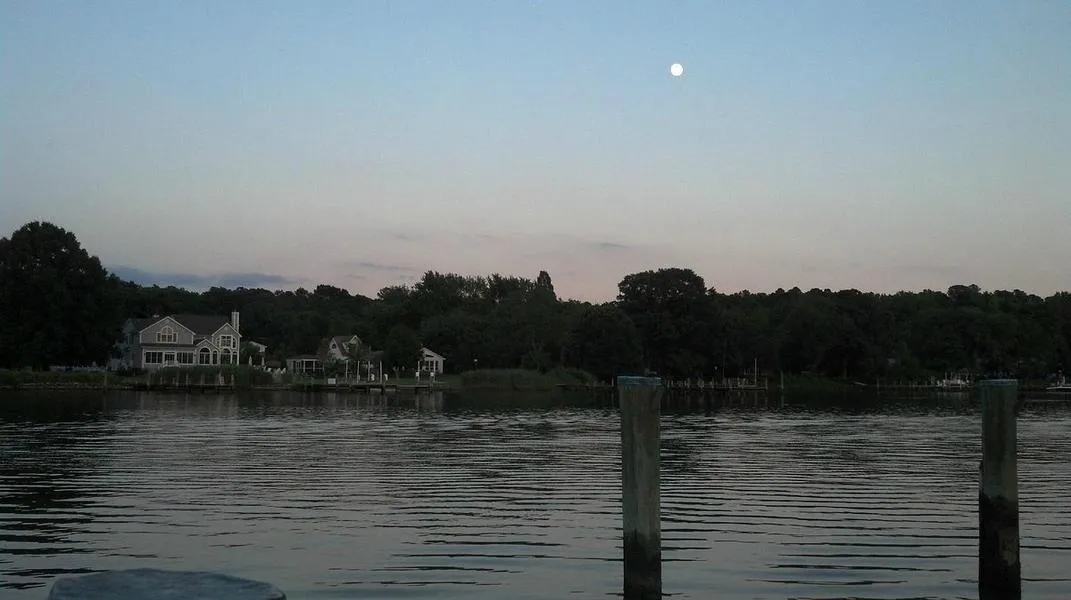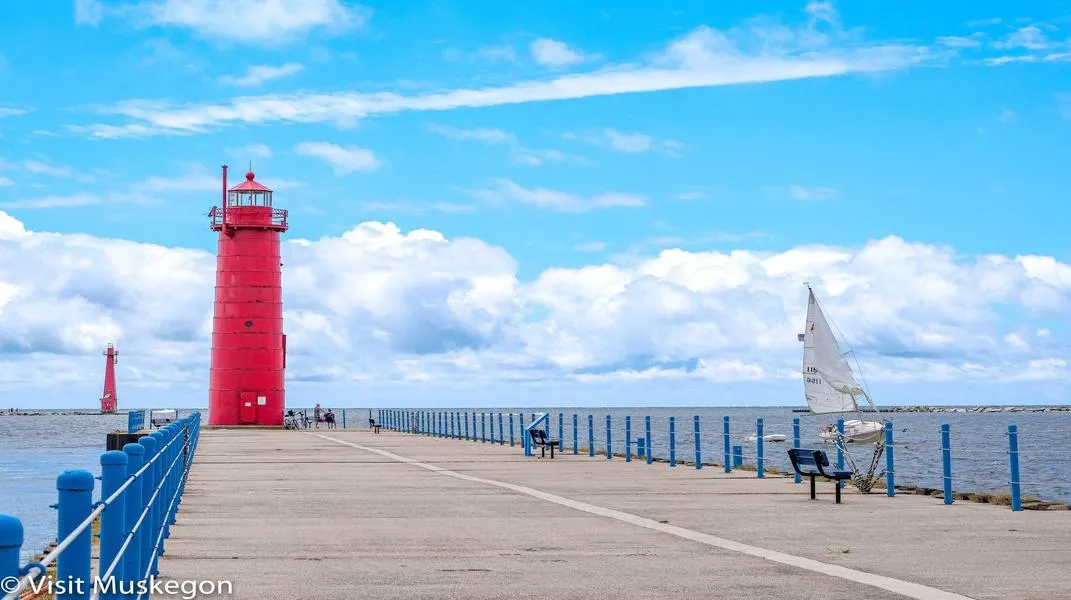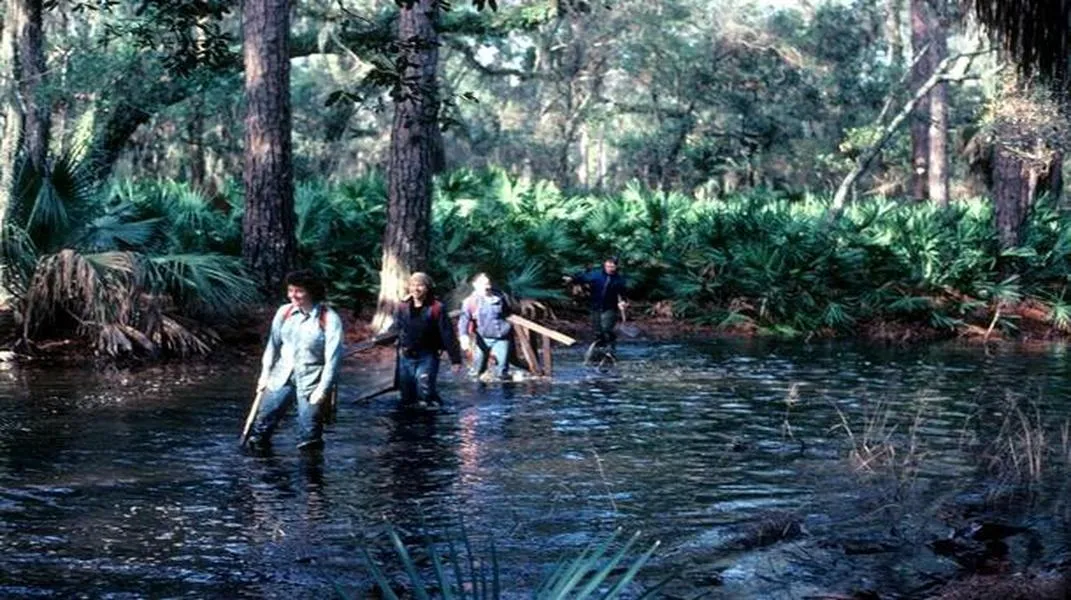Discovering Norfolk: A Hidden Gem of the British Isles
Nestled in the east of England, Norfolk is a captivating destination that brims with natural beauty, rich history, and vibrant culture. From its dramatic coastline and quaint villages to its historic estates and thriving art scene, Norfolk offers a diverse range of attractions for visitors. In this article, we will take a detailed look at what makes Norfolk a must-visit destination, the experiences you can enjoy, and the materials you need to prepare for your visit.
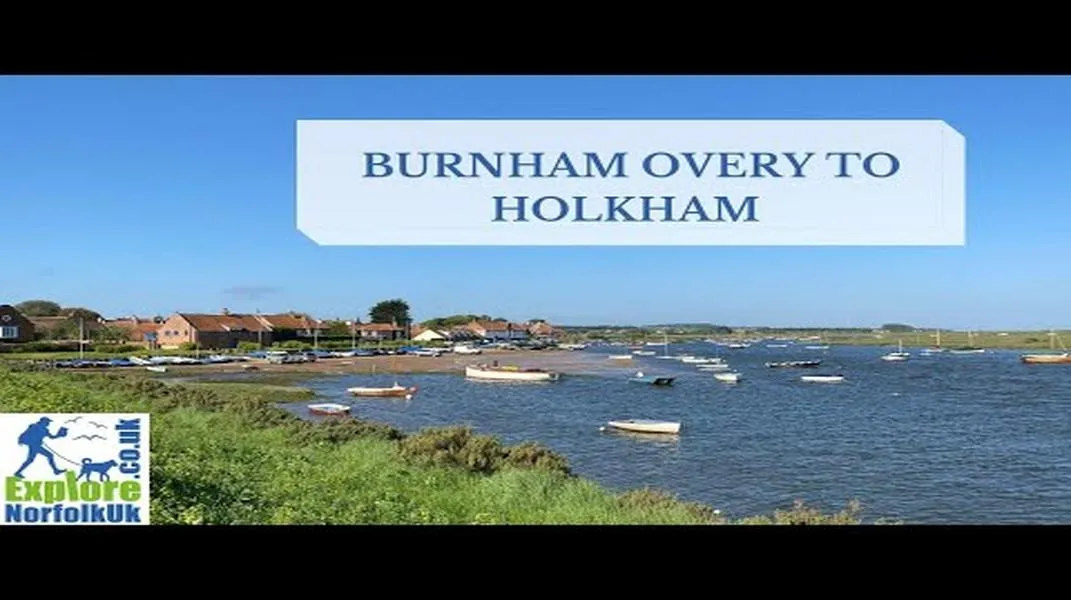
An Overview of Norfolk
Norfolk is bordered by the North Sea to the east, making it a coastal haven for beach lovers and nature enthusiasts. To the west lies the picturesque county of Suffolk, while Cambridgeshire and Lincolnshire frame the south. The county town, Norwich, is a hub of history and culture, boasting a medieval cathedral, a Norman castle, and an array of shopping and dining options.
Natural Wonders: The Norfolk Broads
One of Norfolk’s most unique attractions is the Norfolk Broads, a network of rivers and lakes that is designated as a National Park. The Broads are renowned for their stunning landscapes, diverse wildlife, and excellent opportunities for outdoor activities. Visitors can hire boats, canoes, or kayaks for a leisurely exploration of the waterways, which are home to various species of birds, including herons, kingfishers, and bitterns.
Coastal Escapes: The North Norfolk Coast
The North Norfolk Coast is famous for its sandy beaches, charming seaside towns, and dramatic cliffs. Cromer, a traditional Victorian seaside resort, offers a pier, amusement arcades, and the chance to sample the local delicacy—Cromer crab. Further along the coast, the village of Wells-next-the-Sea boasts a stunning beach backed by colorful beach huts and a picturesque harbor.
Nature reserves such as Blakeney Point and Holkham National Nature Reserve provide opportunities for birdwatching and coastal walks. Blakeney Point is especially known for its seal population, and boat trips are available for those who wish to see these magnificent creatures up close.
Historical Riches: Castles and Manors
Norfolk is steeped in history, and its castles and manors tell the story of the region’s past. Norwich Castle, built in the 11th century, is a must-see, housing an impressive museum and art gallery. The castle grounds offer magnificent views of the city and the surrounding countryside.
Another historical gem is Blickling Hall, a stunning Jacobean mansion set in beautiful gardens. The estate is linked to the Boleyn family, and visitors can explore its grand interiors and expansive grounds.
For those interested in medieval architecture, Castle Acre Priory is a well-preserved ruin that provides insight into monastic life in the Middle Ages.
Artistic Expression: The Cultural Scene
Norfolk has a thriving arts scene, with numerous galleries, theatres, and festivals. The Sainsbury Centre for Visual Arts, located in Norwich, is a world-renowned museum that features an impressive collection of modern and ancient art. The annual Norwich and Norfolk Festival showcases a variety of performances, from music and dance to theatre and visual arts, making it a highlight of the cultural calendar.
Culinary Delights: Local Cuisine
Norfolk is not just about stunning landscapes and historical sites; it also offers a rich culinary experience. The region is known for its fresh produce, seafood, and local delicacies. Don’t miss out on trying the famous Cromer crab, locally sourced fish, and traditional Norfolk venison.
The county is also home to several breweries and distilleries, where you can sample local ales and spirits. The food scene ranges from Michelin-starred restaurants to charming tea rooms, ensuring that every palate is catered for.
Planning Your Visit to Norfolk
To make the most of your visit to Norfolk, proper preparation is essential. Here’s a comprehensive guide to the materials and planning you’ll need before embarking on your adventure.
1. Travel Arrangements
- Getting There: Norfolk is accessible by various modes of transportation. If driving, take the A47 or A11 from London or the Midlands. For those using public transport, Norwich is well-served by trains from London, Cambridge, and other major cities. National Express and local bus services provide additional options for reaching popular destinations.
- Accommodation: Norfolk offers a wide range of accommodation options, from luxury hotels and charming B&Bs to self-catering cottages and campgrounds. Consider booking in advance, especially during peak tourist seasons (summer and school holidays).
2. Necessary Gear and Supplies
- Clothing: The weather in Norfolk can be unpredictable, so pack layers and waterproof items. Comfortable walking shoes are essential for exploring coastal paths, nature reserves, and historical sites.
- Outdoor Equipment: If you plan to explore the Norfolk Broads or engage in outdoor activities such as hiking or cycling, consider packing binoculars for birdwatching, a camera for capturing the stunning scenery, and a reusable water bottle to stay hydrated.
- Beach Gear: For beach outings, pack sunscreen, swimsuits, beach towels, and possibly a picnic blanket to enjoy a meal by the sea. Don’t forget your beach umbrella or sunshade for those sunny days.
3. Itinerary Planning
- Must-See Attractions: Create a list of must-visit attractions based on your interests. If you’re an art lover, prioritize the Sainsbury Centre; for history enthusiasts, include Norwich Castle and Blickling Hall.
- Local Events: Check local event calendars for festivals, markets, and exhibitions happening during your visit. Participating in these events can enhance your experience and provide unique insights into Norfolk’s culture.
- Dining Reservations: Popular restaurants may require reservations, especially during weekends or peak seasons. Research local eateries and make bookings to ensure you don’t miss out on the best dining experiences.
4. Local Tips and Etiquette
- Respect Nature: When visiting natural sites, adhere to local guidelines to protect wildlife and the environment. Stay on marked paths, avoid disturbing animals, and take your litter home.
- Engage with Locals: Norfolk is known for its friendly locals. Don’t hesitate to strike up a conversation or ask for recommendations—they can provide valuable insights and hidden gems that aren’t in the guidebooks.
- Explore Off-Peak: If possible, visit popular attractions during off-peak hours to avoid crowds and enjoy a more leisurely experience.
Conclusion
Norfolk is a captivating destination that offers something for everyone—be it breathtaking landscapes, rich history, vibrant culture, or mouthwatering cuisine. Whether you’re exploring the tranquil waterways of the Broads, strolling along the stunning North Norfolk Coast, or immersing yourself in the artistic heartbeat of Norwich, your visit to Norfolk will be filled with unforgettable moments.
With proper planning and preparation, you can ensure a seamless and enjoyable experience. Pack your bags, gather your materials, and get ready to discover the hidden gem that is Norfolk. From its charming villages and beautiful coastlines to its historical treasures and culinary delights, Norfolk awaits you with open arms.

